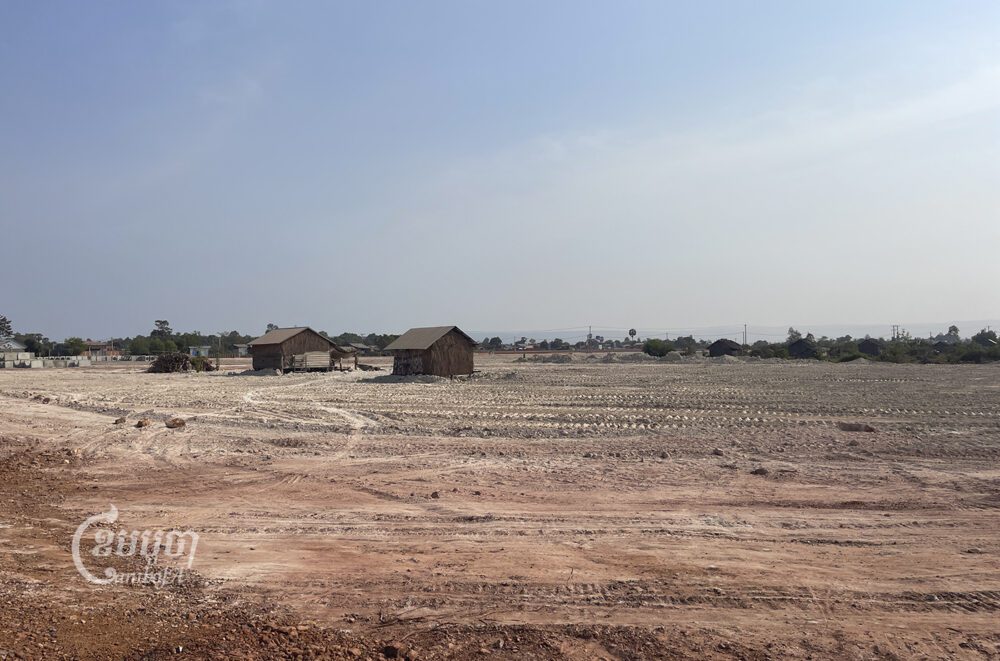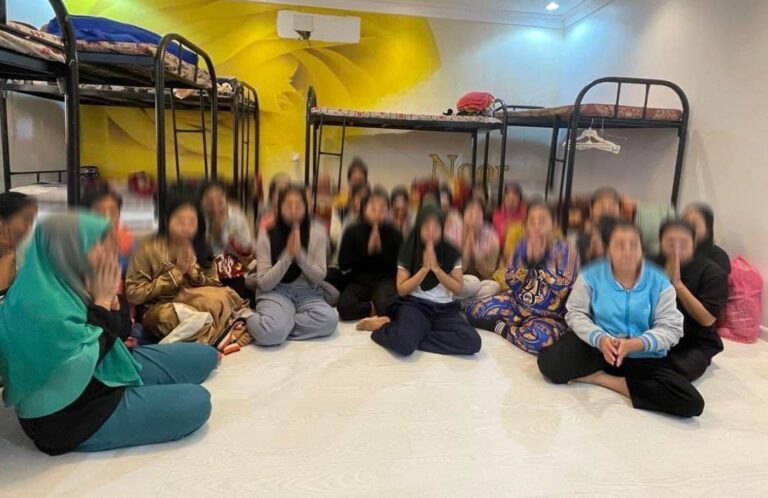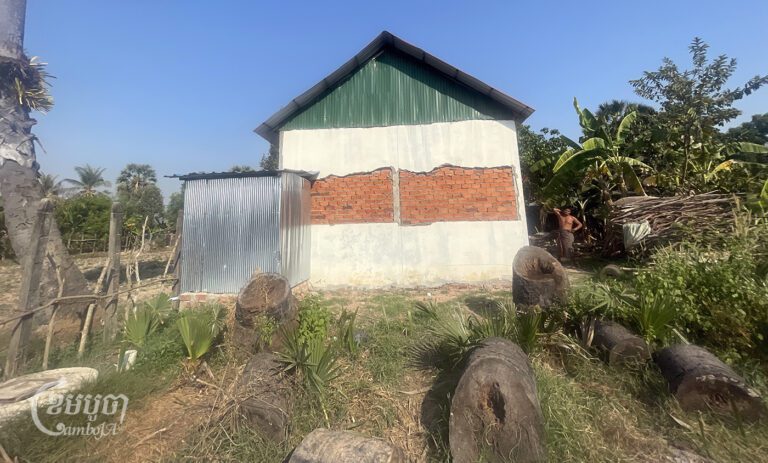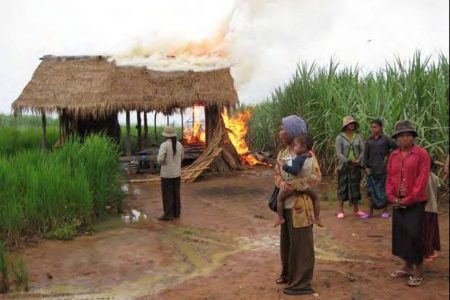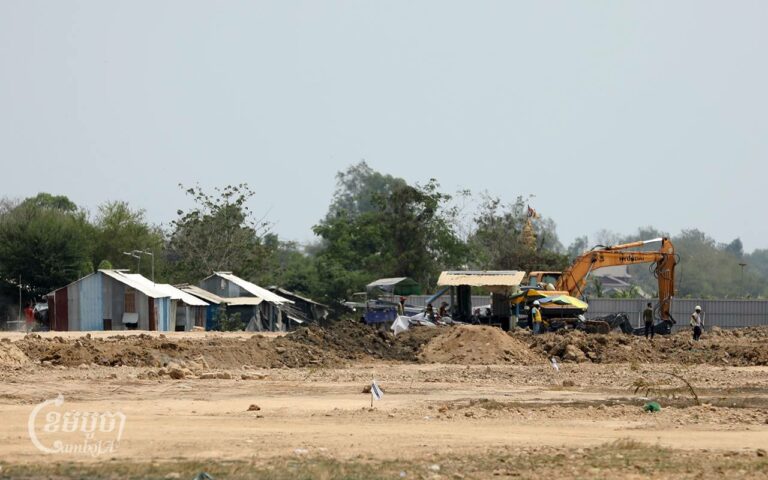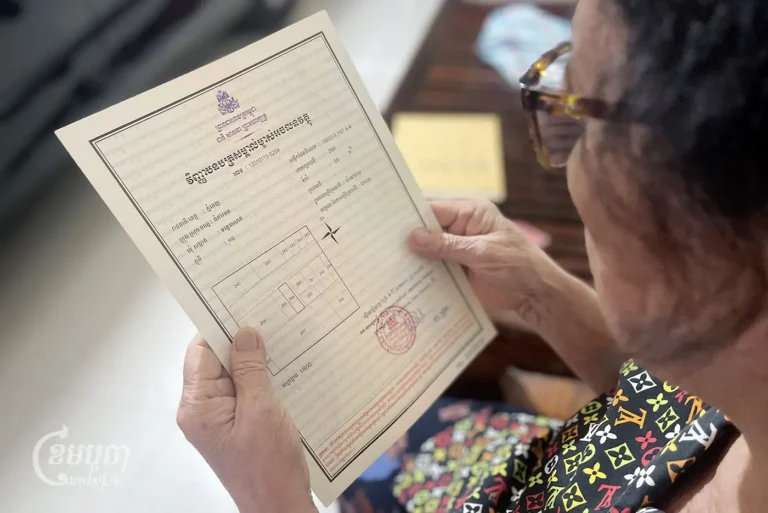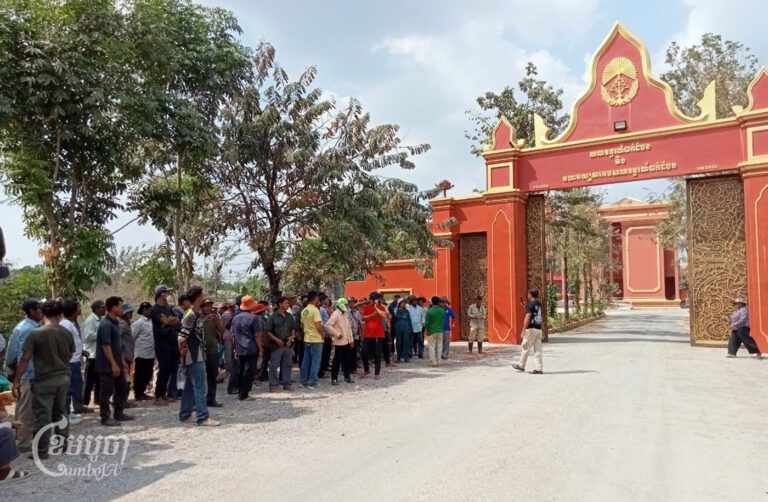The human rights group Amnesty International has called on Unesco’s World Heritage Committee to address forced evictions at Angkor Wat as its 45th annual meeting begins Sunday in Saudi Arabia.
“The World Heritage Committee must not ignore the Cambodian government’s ongoing removal of a reported 10 thousand families from around the Angkor Wat temple that amounts to mass forced evictions in the name of conservation,” said Montse Ferrer, deputy regional director at Amnesty International, in a statement.
The international NGO said it conducted more than 100 interviews since March with people who have been evicted or face eviction from the historical site, and has submitted the preliminary research to Unesco ahead of the annual session.
This follows an advisory Amnesty International published earlier this year alleging that residents had no choice but to leave, and that relocation sites have not had adequate drinking water or toilet facilities.
An April CamboJA investigation revealed that many families felt they were forced to leave their homes for a relocation site in Run Ta Ek. Other CamboJA reports have documented an unfinished drainage system leading to floods and residents unable to access clean water in Run Ta Ek.
“These sites do not have any housing or toilets and evicted families are required to build their own homes, contrary to international human rights standards,” Ferrer said. “As the Committee meets to discuss Angkor, it must seize this opportunity to ensure that conservation efforts do not come at the cost of human rights.”
The 45th session runs until September 25. The committee will review conservation reports and determine whether to adopt drafted decisions on sites including Angkor Wat, first inscribed on the World Heritage List in 1992.
The draft decision for Angkor Wat includes a request that the Cambodian government provide an update by December 1, 2024. The document also requests that the government continue to manage the property and “reinforce awareness of zoning regulations” for all local populations, taking into consideration the rights of local communities and people affected by relocations.
When contacted on Friday, Apsara Authority spokesperson Long Kosal said he rejected Amnesty International’s previous characterizations of the relocation efforts as “mass forced evictions” and said people have moved voluntarily.
“We have smoothly carried out our work and follow the principles [of government policy], especially promoting people’s livelihoods,” he said. “We are actively working on the [infrastructure] issues and if you want to see [the sites], please come visit for yourself.”
The report that will be reviewed by the World Heritage Committee during this month’s session states that 9,000 families have been relocated to Run Ta Ek and the second relocation site in Peak Sneng.
But Peak Sneng Commune Chief Sok Sea said Thursday that no one has moved to the site yet because the infrastructure is not finished. Run Ta Ek Commune Chief Chuon Im said the latest estimate she had for the number of families who had moved to the area was 2,000 families in March, although more had moved in since then.
Unesco did not provide answers to questions sent by CamboJA on Friday in time for publication, including an explanation for the discrepancy in the number of families who have moved to the relocation sites.
Sea said he plans to ask the development committee if they will allow people to move to Peak Sneng in November or December. 3,500 families were expected to arrive in July but were unable to due to lack of infrastructure, he said.
“Only 40% of the soil is poured. The drainage system is not ready yet. If we have not yet prepared the drainage system and we move [people in], it can flood,” Sea said. “It is difficult because the roads are also not yet good, so when people build houses, it is not good, similar to in Run Ta Ek. If there is wind, the houses fall down.”
To date, 3600 families have registered to move in but they will have to wait until at least 80% of the infrastructure is finished; it’s only about halfway complete at the moment, he said.
Another issue in Peak Sneng are land conflicts, with 12 current families residing in the area from before it became a relocation site who do not want to leave, according to the commune chief.
Knou Sovann, 67, who lived on the land that is intended for the new Peak Sneng relocation site, said he already accepted a land exchange from the government but is not satisfied. He was only given about one third of a hectare of land in five separate plots, when he previously had two and a half hectares.
“They exchanged the land with us, but there was no official letter to confirm. I am not happy but I don’t know what else to do,” he said.
Another farmer, who requested to remain anonymous, told CamboJA in May that he was “forced” to accept a much smaller amount of land to make space for the relocation site.
Siem Reap Provincial Governor Prak Sophoan declined to comment, and Culture and Fine Art Minister Phoeurng Sackona could not be reached.
The opening ceremony for the World Heritage Committee’s session will begin Sunday evening in Riyadh, Saudi Arabia.
Additional reporting by Leila Goldstein.


